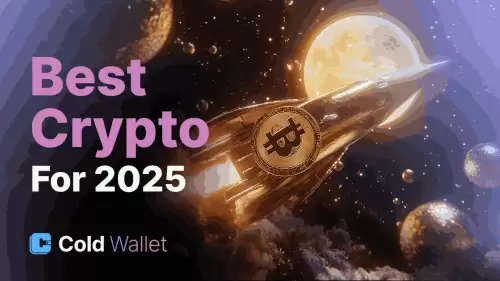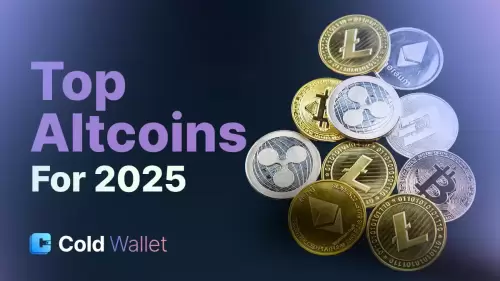Ethereum's quest for scalability intensifies with leadership changes and gas limit advancements. Marius van der Wijden's appointment and innovative tech promise a faster, more efficient Ethereum.
Ethereum's Scaling Saga: Gas Limits, Leadership, and the Road to 100M
Ethereum's scaling efforts are heating up! With strategic leadership changes and innovative technological advancements, the quest to reach a 100 million gas limit is gaining serious momentum. Let's dive into the key developments shaping Ethereum's future.
New Leadership for Layer-1 Scaling
The Ethereum Foundation has appointed Marius van der Wijden as co-lead for the Scale L1 initiative, working alongside Ansgar Dietrichs and Tim Beiko. This is a big deal! Van der Wijden's extensive background in Geth engineering makes him perfectly suited to tackle the technical hurdles of Ethereum's scaling process. The reorganization reflects Ethereum's commitment to focus on Scale L1, Scale Blobs, and Improve UX. It's all about streamlining development and speeding up the scaling process without sacrificing security or decentralization.
Gas Limit on the Rise
Recent improvements have already bumped the mainnet's gas limit to 45 million. That's a significant milestone on the way to the ambitious 100 million target. Incremental scaling efforts, led by Parithosh Jayanthi, are constantly pushing the boundaries while maintaining network stability. Client hardening, introduced after the Pectra upgrade, ensures the network can handle throughput enhancements without losing its cool. Think of it like giving Ethereum a solid workout routine to build its strength!
Tech Innovations: zkEVM and History Expiry
Ethereum isn't just relying on brute force; it's also innovating. The History Expiry deployment has dramatically reduced node storage requirements, saving full nodes a whopping 300-500 GB of disk space. Plus, the zkEVM attester client is being developed to allow nodes to verify zero-knowledge proofs instead of executing every single transaction. This could be a game-changer for handling higher gas limits in the future. It's like giving Ethereum a super-efficient engine that can process more with less!
Block-Level Access Lists and Parallel Processing
Looking ahead, Block-Level Access Lists (BALs), proposed for the Glamsterdam upgrade, promise to enable the execution of transactions in a block and the calculation of the state root concurrently. This parallel processing approach is key to processing higher gas limits and quicker block processing, all while maintaining stability. It's like adding more lanes to the Ethereum highway!
My Two Satoshis
The appointment of Marius van der Wijden feels like a strategic masterstroke. His technical expertise, combined with the focused R&D efforts, suggests that Ethereum is seriously committed to addressing its scaling challenges. While the 100 million gas limit remains an ambitious goal, the progress made so far, particularly in areas like node storage and zkEVM development, offers a reason for optimism. It’s not just about more transactions; it’s about building a more robust and efficient foundation for the future of decentralized applications.
The Road Ahead
The journey to a fully scalable Ethereum is a marathon, not a sprint. But with the right leadership, innovative technologies, and a dedicated community, the finish line is definitely within sight. So, buckle up, folks! It's going to be an exciting ride!
Disclaimer:info@kdj.com
The information provided is not trading advice. kdj.com does not assume any responsibility for any investments made based on the information provided in this article. Cryptocurrencies are highly volatile and it is highly recommended that you invest with caution after thorough research!
If you believe that the content used on this website infringes your copyright, please contact us immediately (info@kdj.com) and we will delete it promptly.













































































